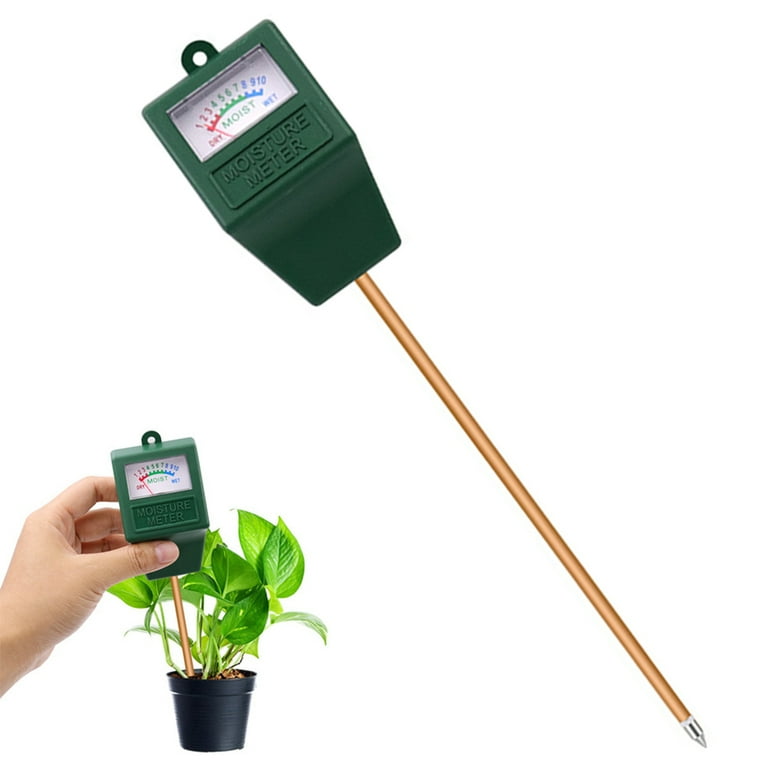Moisture Meter Purchasing Guide: What to Search for in High-Quality Instruments
Moisture Meter Purchasing Guide: What to Search for in High-Quality Instruments
Blog Article
The Ultimate Overview to Dampness Meters: A Comprehensive Introduction and Just How They Can Conserve You Money
In the realm of structure maintenance, construction, and various sectors, the value of accurately gauging wetness levels can not be overemphasized. Wetness meters serve as crucial devices in discovering and keeping track of moisture content in products, aiding in protecting against expensive problems and guaranteeing the top quality of products. Recognizing the nuances of various types of dampness meters, their applications, and the prospective cost-saving advantages they use can be a game-changer for experts and organizations alike. Discovering just how these devices can not just streamline processes yet also add to financial savings is a trip worth embarking on.
Kinds of Dampness Meters
Various types of moisture meters are offered for various applications in numerous sectors. One usual kind is the pin-type moisture meter, which measures the electric resistance in between 2 pins inserted right into a product. This type appropriates for timber, drywall, and various other structure products. Pinless dampness meters, on the other hand, use electro-magnetic sensing unit plates to check a bigger area without triggering damages to the material's surface. Moisture Meter. These meters are suitable for promptly analyzing dampness degrees in huge locations such as walls and floors.

In addition, there are also specialized wetness meters developed for certain products like hay, grain, or dirt. These meters give exact dampness readings customized to the special buildings of the product being evaluated. Infrared moisture meters gauge the thermal residential or commercial properties of a material to establish its wetness content non-invasively, making them helpful for applications where pin or pinless meters might not be ideal. Recognizing the different sorts of wetness meters available can aid markets choose one of the most proper device for their certain wetness dimension needs.

Benefits of Utilizing Moisture Meters
Dampness meters provide invaluable advantages in precisely assessing and keeping track of dampness degrees in varied materials and atmospheres. One of the main benefits of using moisture meters is the avoidance of possible damage caused by excess dampness.
Additionally, making use of wetness meters can lead to raised energy performance. In agricultural setups, dampness meters play a vital role in enhancing plant yields by allowing farmers to monitor soil dampness levels and make notified watering decisions.
How to Select the Right Moisture Meter
Choosing the proper dampness meter includes thinking about key variables such as material compatibility, measurement variety, and calibration precision. When choosing a wetness meter, it's necessary to guarantee that the meter is appropriate for the details material you will be testing. Various products have differing electric residential properties that can affect moisture readings, so choosing a meter created for your product is critical for accurate results. Additionally, think about the measurement variety of the wetness meter. Make sure that the meter can identify moisture degrees within the array needed for your applications. Calibration precision is another critical element to remember. Go with a moisture meter with reliable calibration to ensure consistent and accurate readings. Some meters may require routine calibration changes, so recognizing the calibration procedure is important. By very carefully reviewing these aspects, you can select a moisture meter that satisfies your requirements and offers accurate moisture dimensions for your jobs.
Correct Methods for Wetness Meter Use

Cost Savings Via Moisture Meter Applications
How can the critical use of moisture meters lead to considerable expense savings throughout different sectors? In the farming market, dampness meters aid in figuring out the optimal time for gathering plants, protecting against Going Here over-drying or excess dampness that can influence the last product's top quality.
Similarly, in building and construction, wetness meters help avoid pricey problems by discovering dampness levels in building materials, such as timber or concrete, which can cause structural issues if not resolved promptly. By recognizing trouble areas at an early stage, service providers can take rehabilitative procedures to stay clear of substantial repairs or substitutes, inevitably conserving time and cash.
Additionally, in the food handling sector, dampness meters are vital for keeping an eye on item high quality and making sure conformity with safety and security policies. By accurately measuring dampness web content in food, producers can protect against wasting, maintain quality, and decrease waste, causing substantial expense savings. On the whole, the critical application of moisture meters is a beneficial investment that can cause significant price reductions and enhanced performance across various markets.
Verdict
In conclusion, dampness meters are useful tools for spotting and gauging dampness levels in different products. By utilizing the best wetness meter and complying with proper methods, users can efficiently protect against costly damages caused by excess wetness.
Dampness meters offer as essential tools in identifying and keeping track of moisture content in materials, assisting in preventing costly problems and ensuring the quality of products. Infrared dampness meters determine the thermal properties of a material to establish its wetness material non-invasively, making them beneficial for applications where pin or pinless meters might not be appropriate.Moisture meters use invaluable benefits in properly monitoring and evaluating wetness degrees in diverse products and settings. In farming settings, dampness meters play a vital function in optimizing plant yields by enabling read the article farmers to check dirt moisture levels and make educated irrigation choices.In verdict, dampness meters are beneficial devices for gauging and identifying dampness levels in various materials.
Report this page